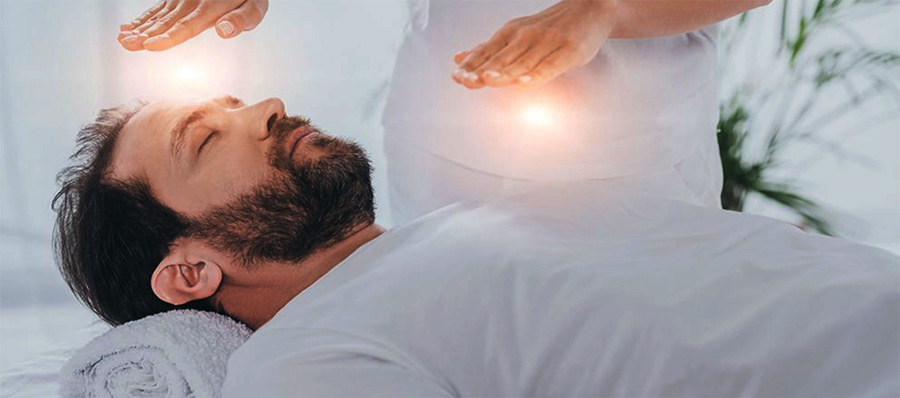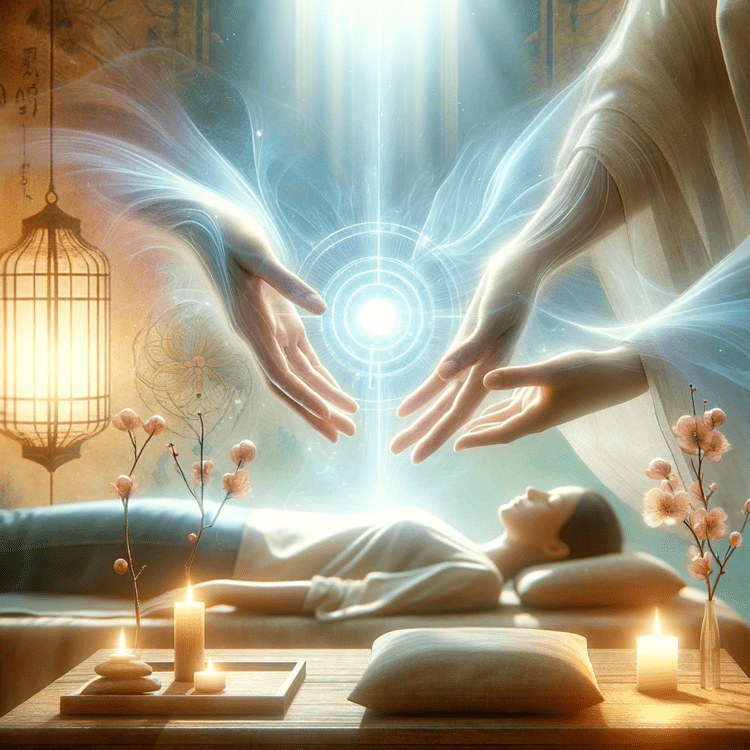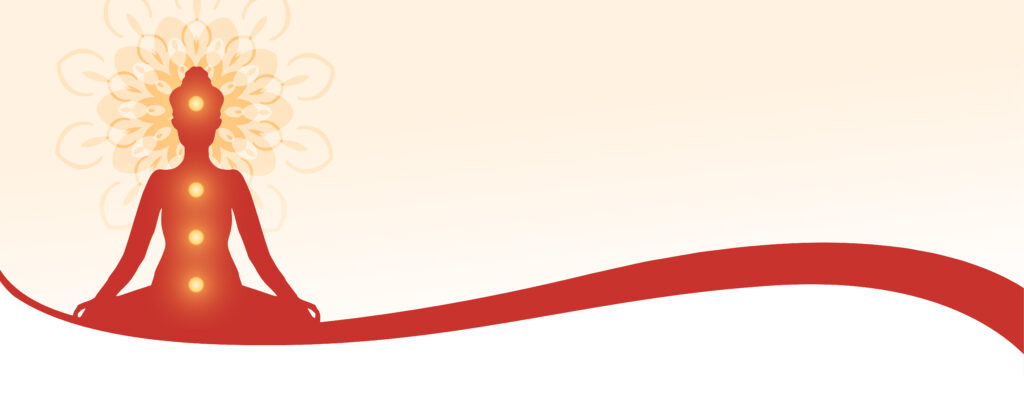Reiki
What is Reiki?
Reiki is a holistic healing practice that combines the Japanese words for "universal" (rei) and "energy" (ki), focusing on harmonizing mental, emotional, spiritual, and physical energies
Often compared to acupuncture without needles, Reiki shares some similarities but also features distinct differences, making it an ideal choice for individuals who may be uncomfortable with needles. The term “Reiki” translates to “Universal Energy,” representing a spiritual practice that transcends specific religious affiliations and emphasizes overall balance and well-being.


A significant aspect of Reiki is its effectiveness in managing stress and pain. The body struggles to heal when under stress, as the sympathetic nervous system—responsible for coping with stress—often dominates our waking state. In contrast, the parasympathetic nervous system facilitates healing. Disruptions in stress levels, sleep patterns, emotional trauma, or digestion, as well as the suppression of grief or trauma, can hinder the parasympathetic system’s function. Reiki aids in transitioning from sympathetic dominance to parasympathetic dominance, enhancing the body’s natural healing abilities.
During a typical session, often referred to as Medical Reiki, practitioners use their hands to lightly touch (or hover over) the client’s body to stimulate energy flow. This process helps add or release energy as needed, promoting overall balance and well-being. Reiki is a form of healing touch therapy that transcends cultural, religious, and linguistic boundaries and is widely accepted as a method for channeling this life force energy.
Scientific Exploration of Reiki
The efficacy of Reiki has increasingly attracted scientific attention, particularly in relation to the concept of biofields—energy fields that surround and penetrate living beings. Researchers have sought to understand how these energy dynamics can influence physical and emotional health.
A significant review published in 2015 examined various biofield therapies, including Reiki, and highlighted their potential benefits. The findings indicated that such therapies could effectively reduce pain and alleviate symptoms in cancer patients, showcasing Reiki’s role in complementary care. This suggests that Reiki may help improve quality of life for individuals facing serious health challenges.
Further studies have explored Reiki’s impact on various conditions, revealing promising results in areas such as stress reduction, anxiety relief, and enhancement of overall well-being. While research is ongoing, these findings support the notion that Reiki can play a beneficial role in holistic health practices.
Overall, the scientific exploration of Reiki continues to grow, aiming to bridge traditional healing practices with modern medical understanding, thus fostering a more comprehensive approach to wellness.
Connection to Universal Energy
Every living being is inherently connected to the universal life force energy from the moment of birth. This vital energy, often referred to as “Qi,” “Prana,” or simply “life force,” is accessible primarily through the crown chakra, which serves as a conduit between the individual and the vast universe.
The Five Principles of Reiki
Reiki practice is guided by five key principles:
1. Just for today, I will let go of anger.
2. Just for today, I will let go of worry.
3. Today, I will count my blessings.
4. Today, I will work honestly.
5. Today, I will be kind to every living creature.

Benefits Of Reiki
Reiki is a versatile and holistic healing practice that offers a wide range of benefits for individuals seeking physical, emotional, mental, and spiritual well-being. Here are some of the key advantages of Reiki:
Simple and Effective Healing Method
Reiki can be learned and practiced, making it accessible to everyone. Its straightforward techniques can be used in various settings.
Enhanced Peace of Mind:
Many individuals experience a deep sense of relaxation and calm during and after Reiki sessions, leading to improved concentration and clarity of thought.
Compatibility with Other Healing Modalities
Reiki can be easily integrated with other therapies, such as homeopathy, Ayurveda, and traditional medicine, enhancing their effectiveness.
Balancing Physical and Mental Health
Reiki promotes holistic balance by addressing concerns like physical ailments, mind related issues and emotional issues, supporting overall health and well-being.
Acceleration of Recovery
Reiki can aid in the healing process, helping individuals recover more quickly from surgeries, accidents, or illnesses by promoting relaxation and reducing stress.
Detoxification of the Body
The gentle energy flow of Reiki can help detoxify the body, clearing out negative energy and supporting the natural healing processes.
Relief from Sadness and Emotional Pain
Reiki can provide comfort and support during difficult emotional times, helping to alleviate feelings of sadness, grief, and anxiety.
Increased Self-Confidence
By promoting a sense of inner peace and clarity, Reiki can boost self-esteem and reduce feelings of anxiety, empowering individuals to face challenges more confidently.
Support for Development
Reiki can benefit children, animals, and plants by promoting health, growth, and emotional stability, enhancing their overall well-being.
Contribution to Personal and Spiritual Growth
Reiki encourages self-discovery and spiritual development, helping individuals connect with their higher selves and achieve greater emotional and spiritual insight.
Reiki is a very powerful healing tool that offers a myriad of benefits. Whether seeking physical healing, emotional support, or spiritual growth, Reiki can enhance overall well-being and promote a balanced, harmonious life.
BEGIN YOUR JOURNEY: SCHEDULE A REIKI SESSION FOR DEEP HEALING!
